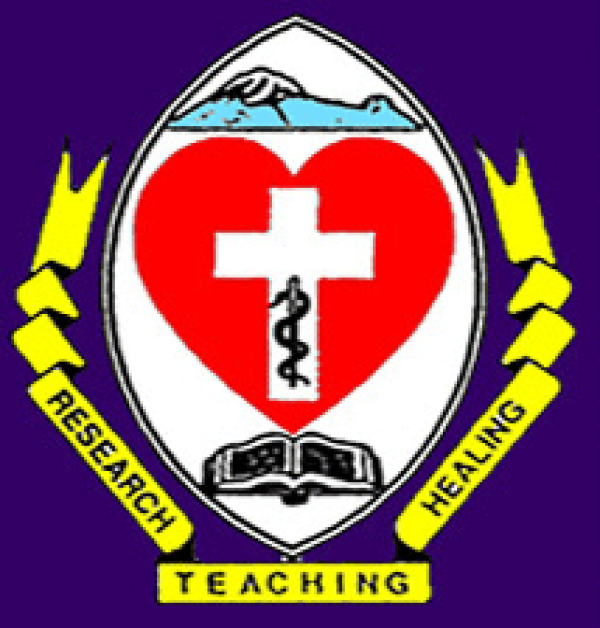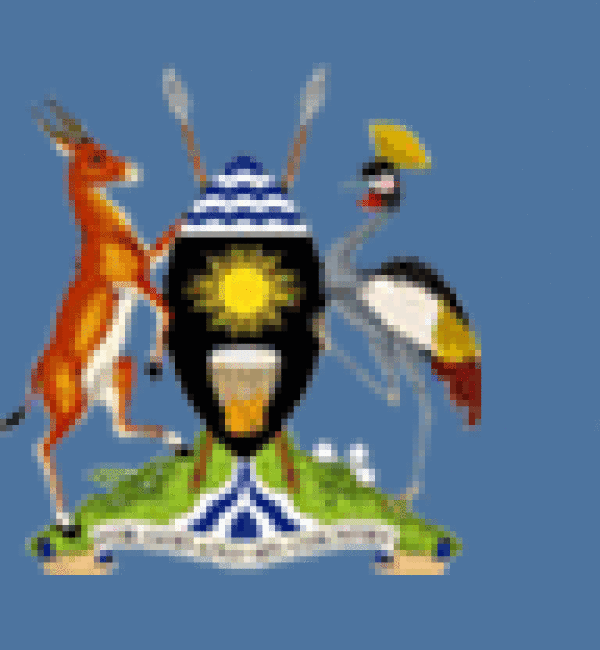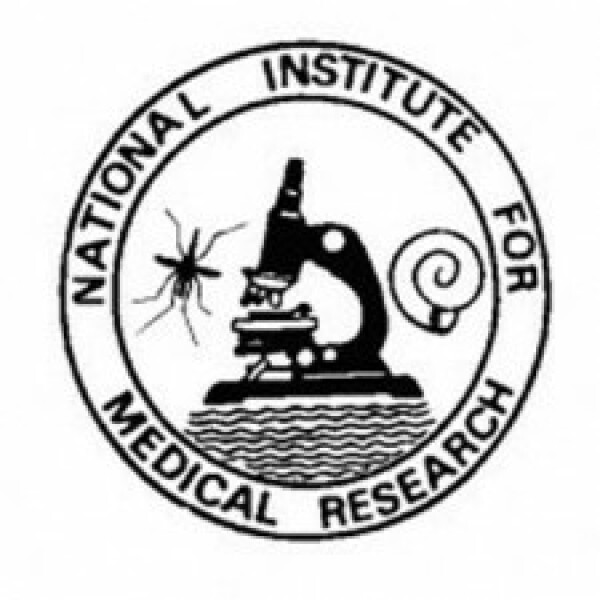THRiVE-2 Partners
Partnering with Cambridge in the THRiVE-2 programme (which is led from Makerere University in Uganda) are six East African universities/institutions and one other UK institution.

Makerere University
Makerere University (lead university for the THRiVE consortium) was established in 1922 in Kampala, Uganda. As one of the leading Universities in Africa, it has a long track record of influential research in the health sciences, and brings to the consortium access to some of the best and brightest young Ugandan scientists. Makerere University comprises 20 Faculties or Schools, several of which are key to this consortium, and the College of Health Sciences (CHS), which embraces Nursing, Dentistry, Pharmacy, Medicine and the School of Public Health. The CHS contributes, for example, expertise in clinical trials, microbiology, molecular biology, paediatrics and the epidemiology of child health. Within the CHS, the School of Public Health contributes epidemiology, modelling and health economics, and expertise in emergencies (refugees and disasters). The Faculty of Veterinary Medicine offers opportunities in studies of zoonoses, food-borne diseases and the epidemiology of animal health; and has a particular interest in the epidemiology, physiology and molecular biology of trypanosomiasis. The Faculty of Social Sciences has expertise in social factors relating to sexual and reproductive health and capacity for training in interview methods and analysis. It also brings to the consortium its networks in social and health anthropology, to enhance multi-disciplinary research and training. The School of Graduate Studies provides cross-cutting support for graduate training in all university academic units and has the capacity to coordinate the efficient use and accreditation of training courses across the University, and with affiliated institutions.

Kilimanjaro Christian Medical University College
Kilimanjaro Christian Medical College (KCMUCO) was founded in 1971 as a referral hospital and in 1997 became the second university teaching hospital in Tanzania. KCMC is situated in Moshi at the foot of Mount Kilimanjaro, with good access to major centres and an international airport; there are excellent facilities for international meetings and conferences. KCMC brings to the consortium access to an active postgraduate programme, with an expanding taught course component. Specialist ophthalmology and dermatology centres have active research and training programmes on site which attract students from many African countries, and receive research funding from the Wellcome Trust and other international agencies. KCMC has a number of experienced teachers and a pool of resident international researchers willing to contribute to teaching and mentoring of THRiVE fellows. The THRiVE centre of operations will be located in a new five storey teaching block which has an IT centre. This will provide great opportunities to improve the scope and quality of teaching and research for resident and visiting research staff. A wide range of research sites for clinical trials and epidemiological studies has been developed in NE Tanzania over the last 10 years. The KCMC Biotechnology Laboratory was founded in 2003 and has internationally recognised facilities for microbiology, parasitology, serology, virology, biochemistry, haematology. Facilities are subject to an External Quality Assurance scheme operated by the US College of Pathologists. A new clinical trials unit will provide GCP facilities for conducting clinical trials to international standards.

Gulu University
Gulu University is the only public university in northern Uganda. It sits in the heart of a region devastated by more than two decades of armed conflict and is faced with huge challenges. The region is home to many neglected, yet highly disabling infections including sleeping sickness, river blindness, schistosomiasis, Buruli ulcer, meningococcal meningitis, plague and Hepatitis E. An outbreak of Ebola fever occurred in 2000. Thus fellows based at Gulu will have opportunities to conduct research in key aspects of population health in a post-conflict situation. Gulu University has recognised the urgent need to develop early warning signs and rapid response strategies required to prevent and control infectious diseases of epidemic potential in its catchment area, and has established a Centre for Infectious Disease Prevention and Control (CIDPC). CIDPC will be mandated to work with THRiVE consortium members and institutions to develop into a regional centre of research, clinical care, and epidemic disease prevention and control.

The Uganda Virus Research Institute (UVRI)
The Uganda Virus Research Institute (UVRI) in Entebbe, Uganda, is an international research institution, with established research links to Makerere University and to other Ugandan institutions, hospitals and communities. The Institute brings to the consortium opportunities for research attachments in a high-quality environment, with well-developed research infrastructure and capacity to conduct clinical trials to international standards; links with partners in Uganda and international collaborators, participation in regional networks, supported by EDCTP and WHO, a regional reference laboratory for polio and measles and infrastructure for rapid response and handling emerging infections such as avian influenza, Ebola and Marburg (particularly pertinent to links with Gulu). UVRI also hosts the national HIV reference laboratory for HIV drug resistance genotyping, accredited by WHO, and is working towards becoming the regional reference laboratory. Entomology and arbovirology are current areas of expansion. UVRI has a well-developed laboratory infrastructure and, within the THRiVE consortium, offers particular opportunities in molecular biology and bio-informatics, applied to both viral infections (including HIV) and vector biology.

National Institute for Medical Research (NIMR), Mwanza
National Institute for Medical Research (NIMR) has a track record in carrying out epidemiological studies and clinical trials and has contributed to policy both nationally and internationally. In collaboration with the London School of Hygiene & Tropical Medicine, NIMR has established a unit (Mwanza Intervention Trials Unit (MITU)) as a centre of excellence for conducting clinical trials in the region, focusing initially on HIV and STI prevention. The institute has several field sites for demographic and epidemiological studies and phase III clinical trials. NIMR (Mwanza) therefore brings into the THRiVE consortium its strength in conducting clinical trials, epidemiological and demographic studies, and a good laboratory infrastructure.

The International Centre of Insect Physiology and Ecology (ICIPE)
The International Centre of Insect Physiology and Ecology (ICIPE) brings to the THRiVE consortium a firm basis to develop and mount a regional training programme in Medical Entomology for integrated control of vector borne diseases. The Centre has a major programme focus on human health issues, and a history of close collaboration with African universities and successful capacity building through the African Postgraduate Programme in Insect Science (ARPPIS) for a quarter of a century. ICIPE offers opportunities for PhD and post-doctoral training with an emphasis on predicting and addressing the health problems of the future.

The London School of Hygiene & Tropical Medicine (LSHTM)
The London School of Hygiene & Tropical Medicine (LSHTM) has decades of experience in building research capacity in Africa, established procedures for management of international research projects, and expertise in training and mentoring African students and academics. The Department of Infectious and Tropical Diseases (ITD) contains a large pool of mentors available to co-supervise fellows in the THRiVE programme. The Immunology Unit, within ITD, focuses exclusively on immunology of infectious diseases; the Pathogen Molecular Biology unit works on bacterial and parasitic diseases of major international importance; the Clinical Research Unit offers expertise in malaria, TB, HIV, leprosy and sexually transmitted infections; and the Disease Control and Vector Biology Unit, which hosts the Malaria Centre, expertise in geographical information systems, underpinning a Wellcome Trust-funded programme on the epidemiology and control of helminths in East Africa. The School’s postgraduate programme hosts around 2000 MSc students and 300 research degree students at any given time. ITD runs MScs in immunology, medical microbiology and molecular biology, and training in other disciplines through the short course programme: clinical trials, epidemiology, statistics, mathematical modelling and geographical information systems. PhD student may undertake components of the courses and, since MScs are modular, with more than 100 modules available, students can tailor training to their needs.

